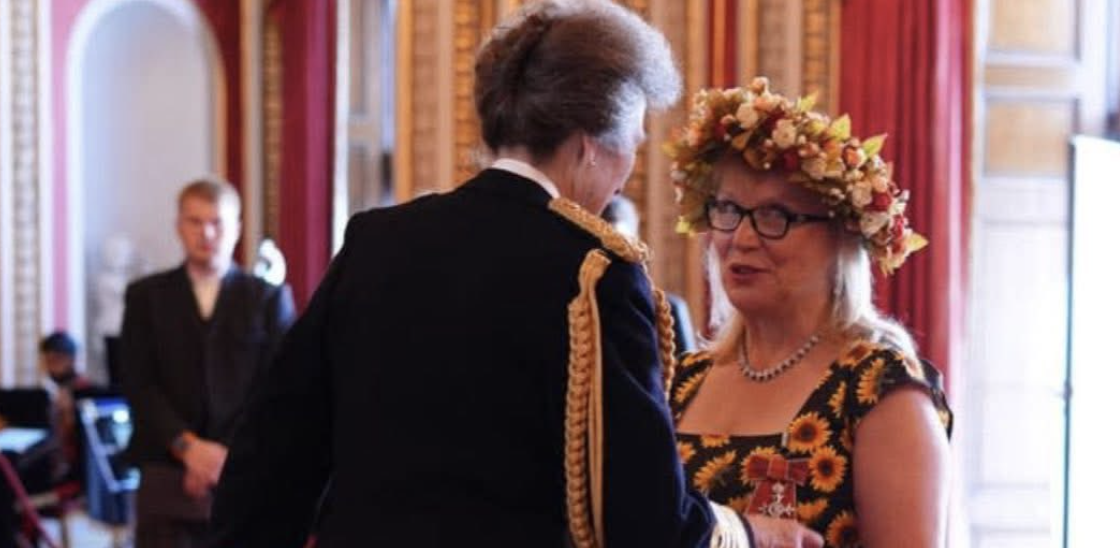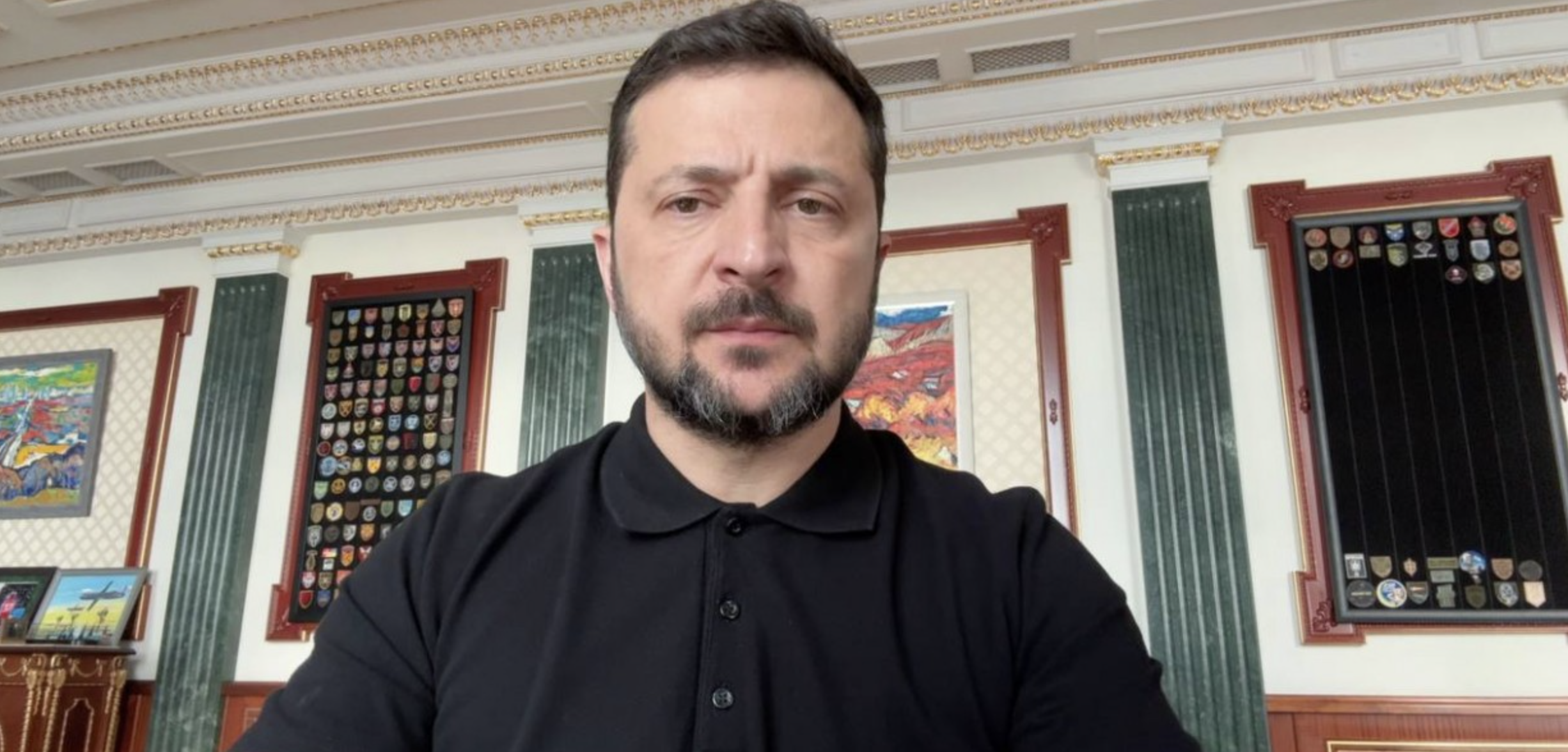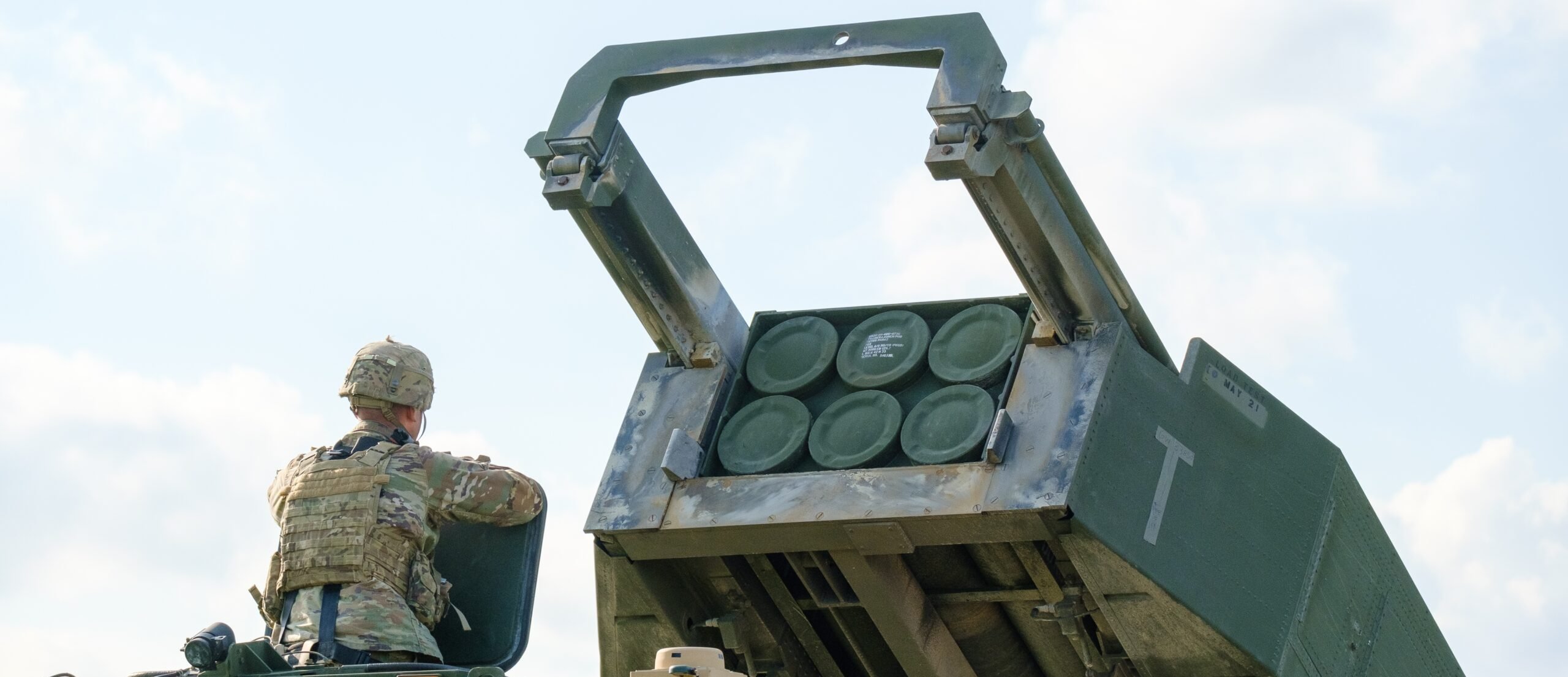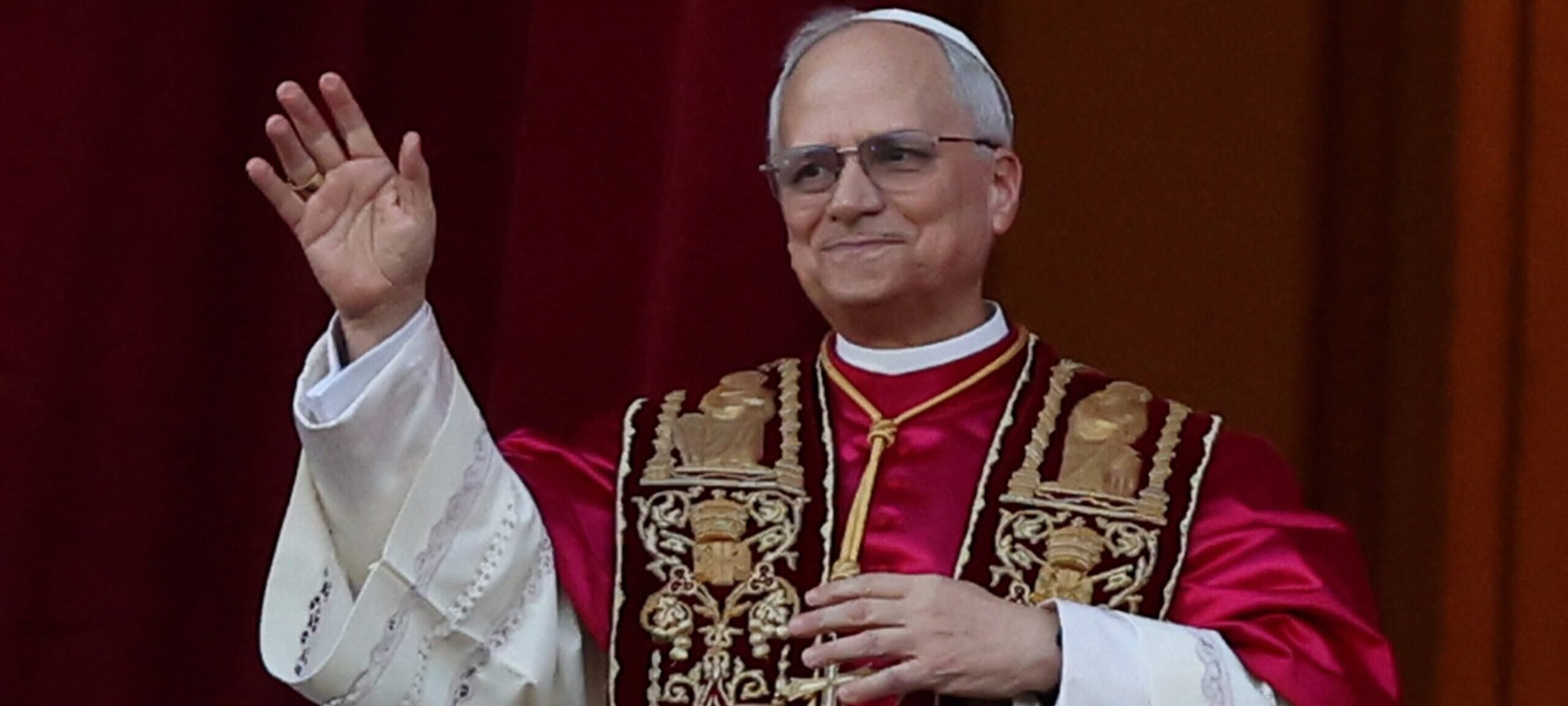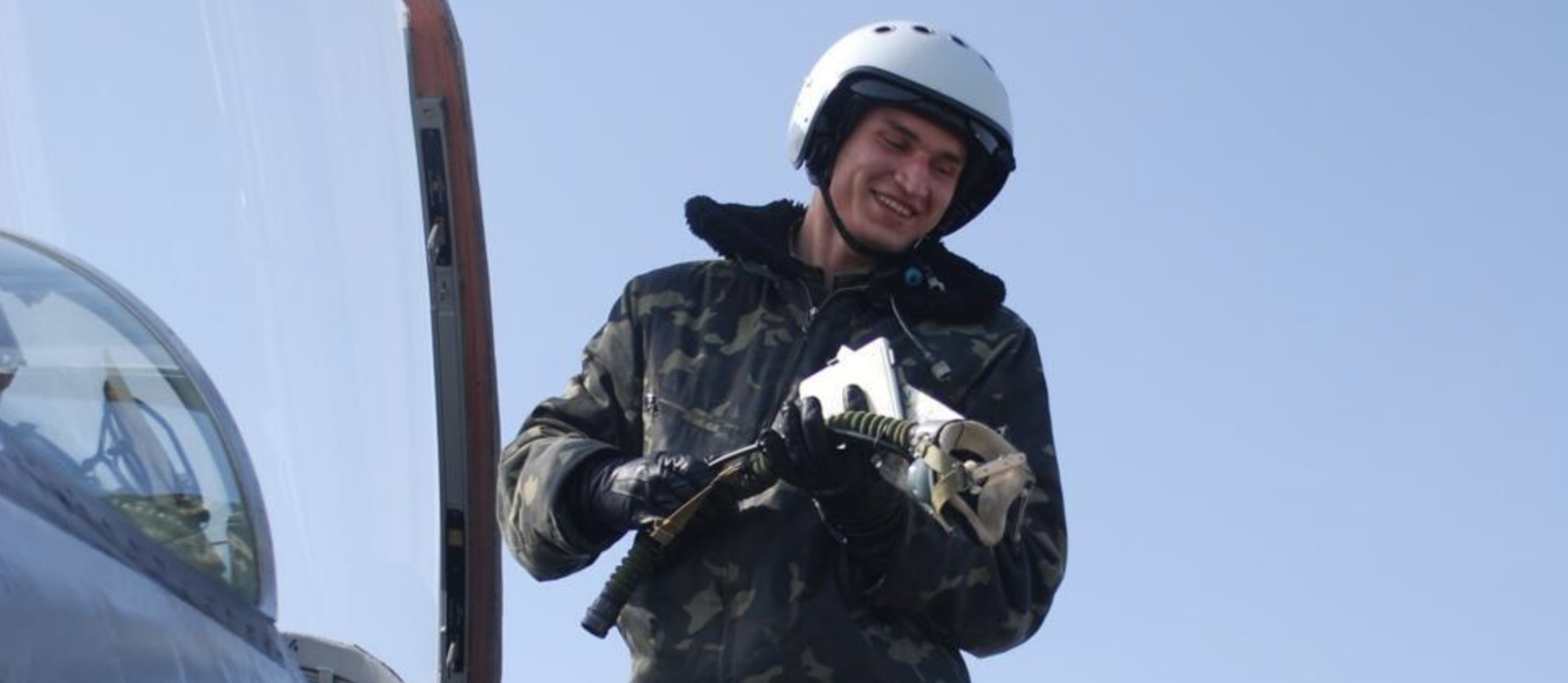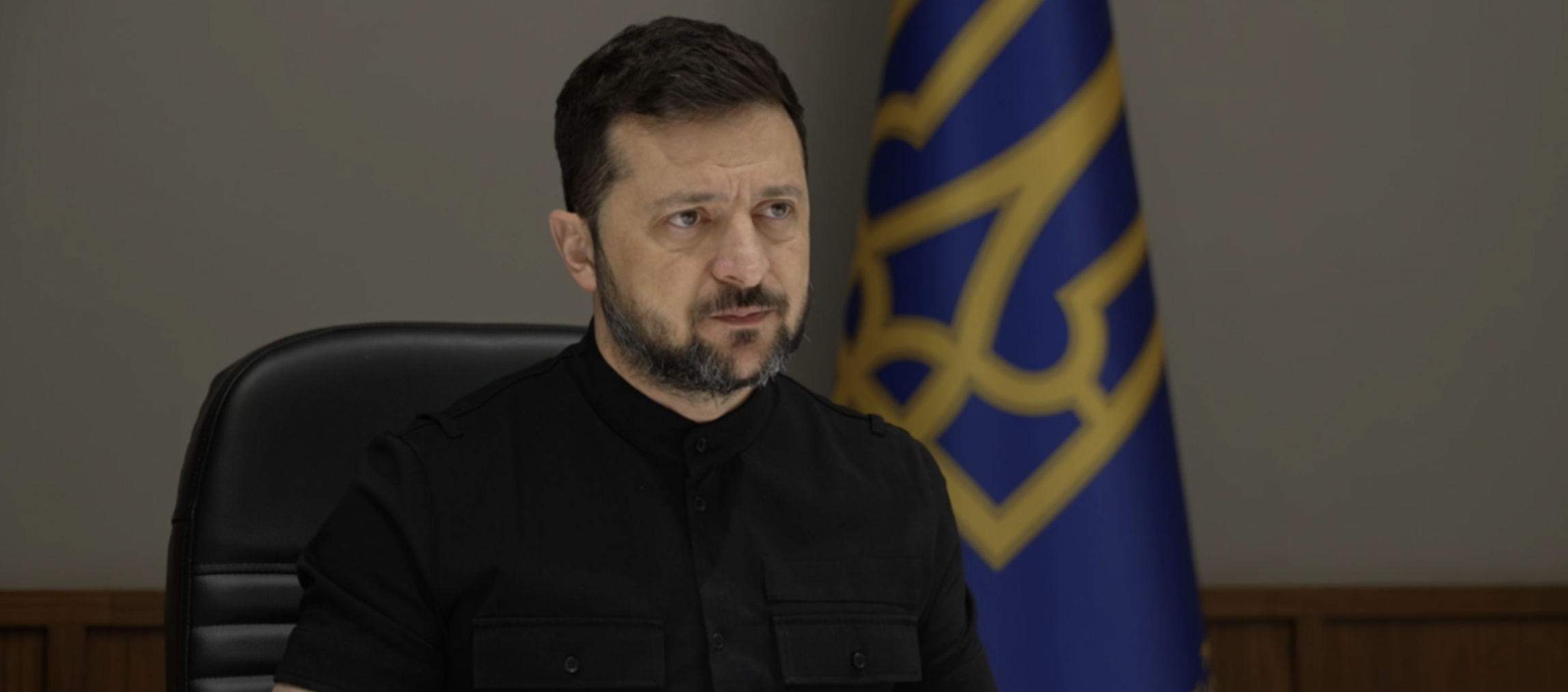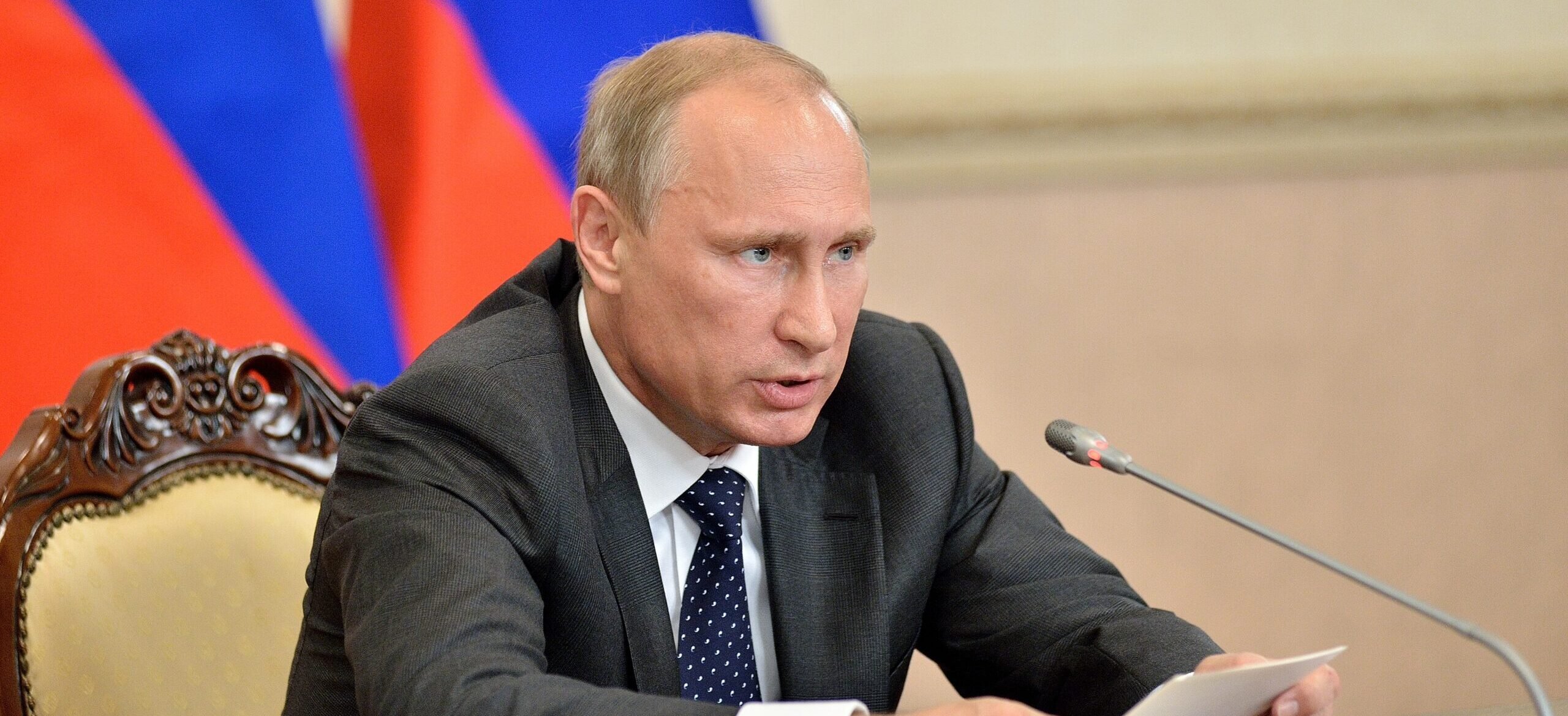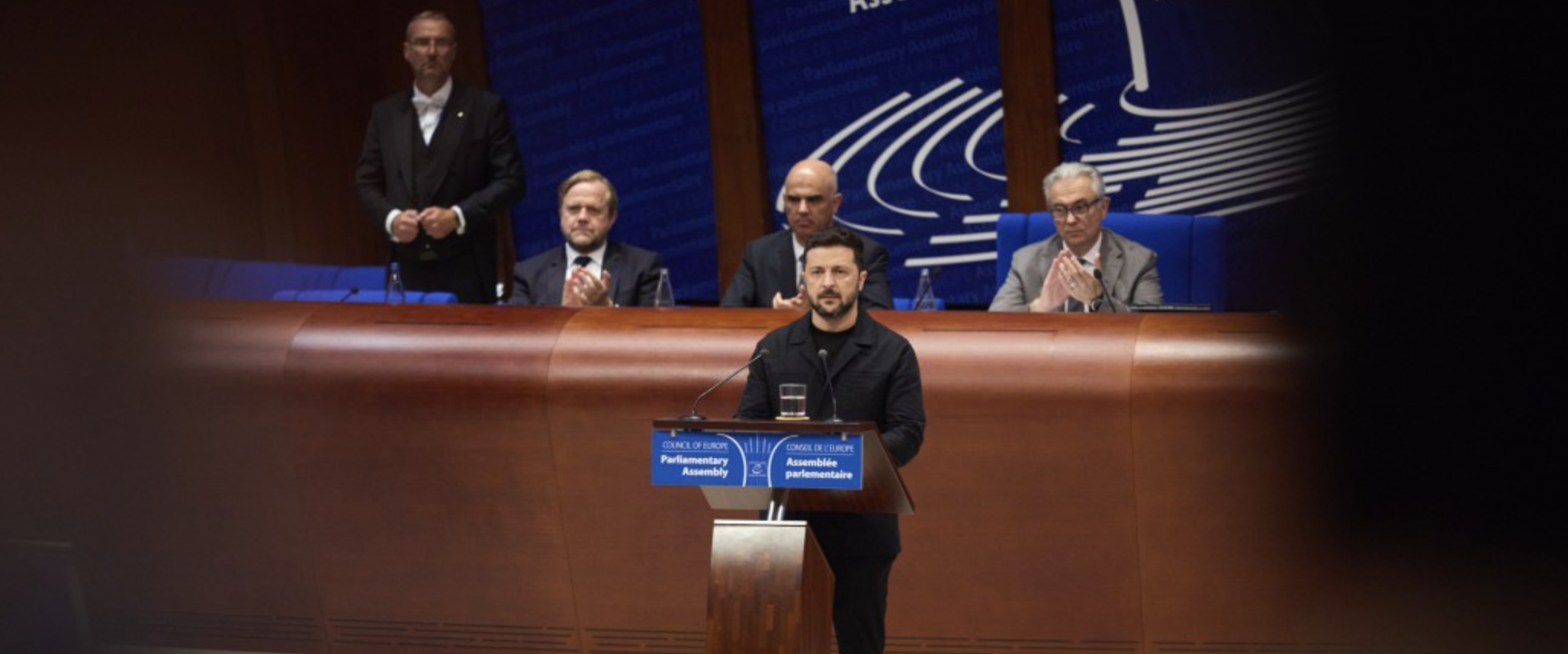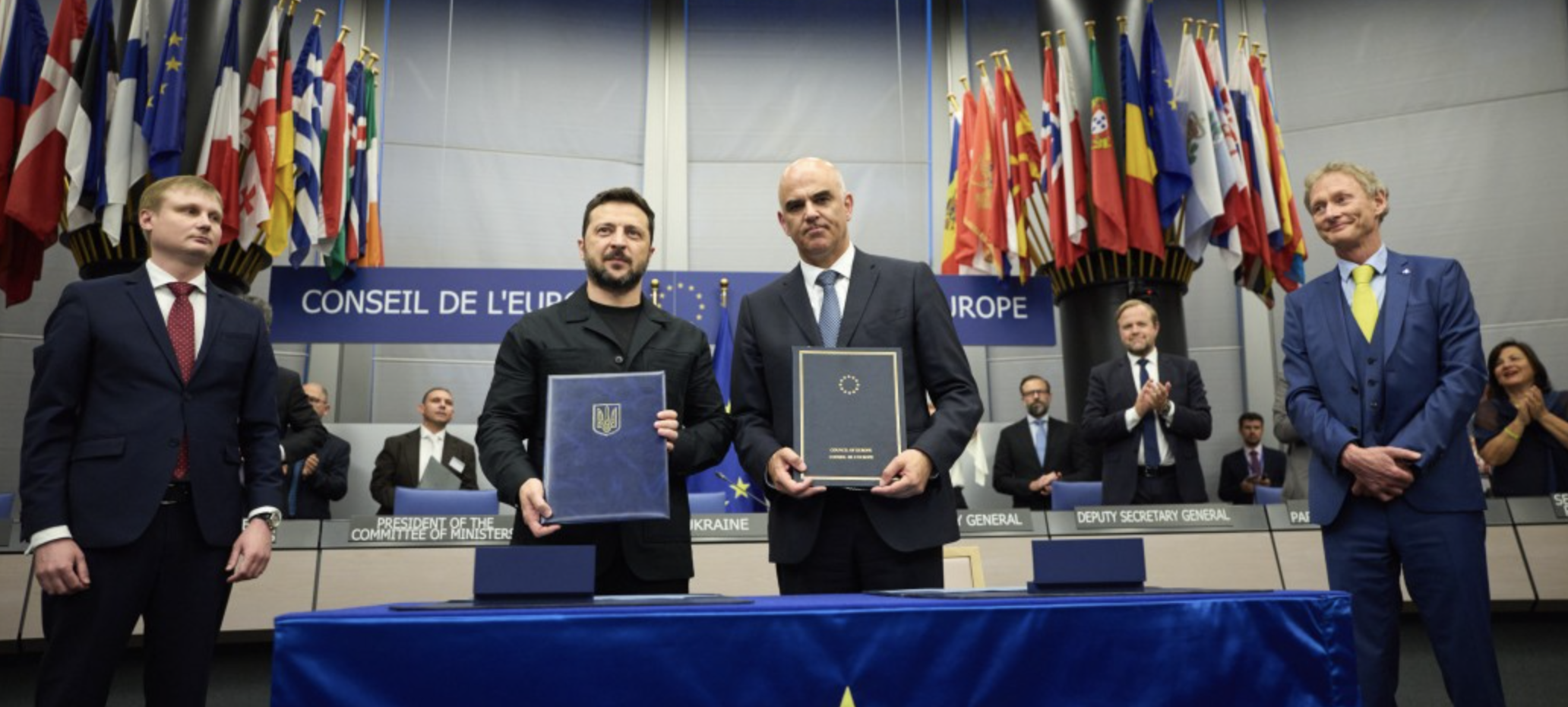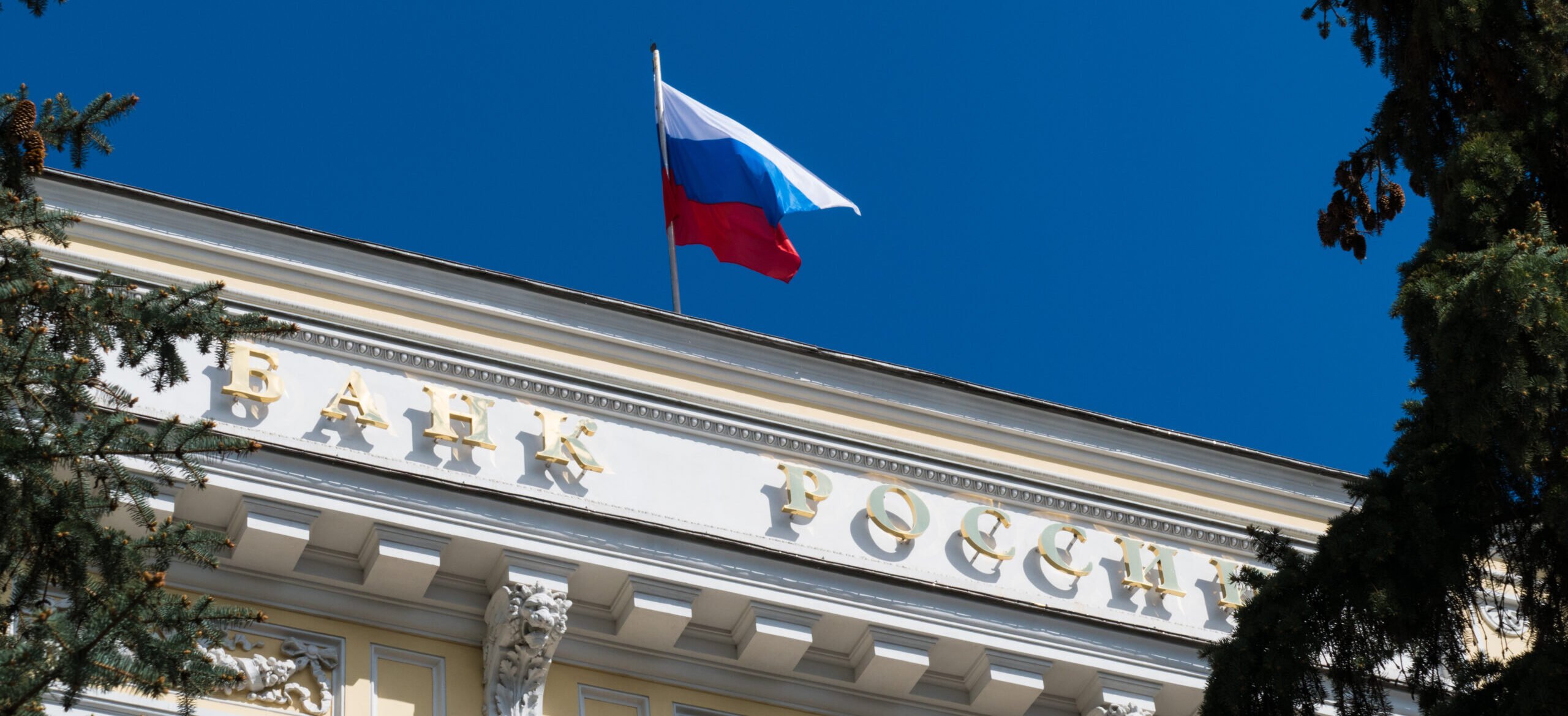
The Financial Times, citing sources in the German government, reported that countries of the G7 are considering the possibility of returning all frozen Russian assets abroad in exchange for the de-occupation of Ukrainian territories.
“If there is ever a peace negotiation and Ukraine decides to participate, there might be a situation where Russia demands its frozen assets back and in exchange agrees to make territorial concessions to Ukraine. You can’t do that if you’ve already mortgaged those assets,” stated a German official.
The discussion arose against the backdrop of reports that G7 countries are no longer discussing the issue of full confiscation of Russian assets, despite Ukraine’s requests, and instead are exploring alternative ways to benefit from frozen funds.
Journalists write that full resource confiscation carries many risks, as it would set a precedent in international law that could threaten the international order. Among the biggest skeptics are the heads of G7 central banks.
In addition to handing over Russia’s frozen assets in exchange for Ukrainian territories, the option of using reserves of the Russian central bank in Euroclear as collateral for a loan to Ukraine was also discussed. However, this plan was abandoned due to concerns about legal claims from Euroclear.
Meanwhile, the US has put forward its idea – in June, the White House will propose allocating around $50 billion in aid to Ukraine through a loan or bonds backed by future proceeds from frozen assets.
Earlier, the UWC President called for the confiscation of Russian assets. “Finding the right formula to fund Ukraine with Russia’s frozen assets should be an international priority. This will reduce the financial pressure on Western countries and undermine economic arguments against continued international support for Ukraine,” Paul Grod wrote.
Cover: Shutterstock
